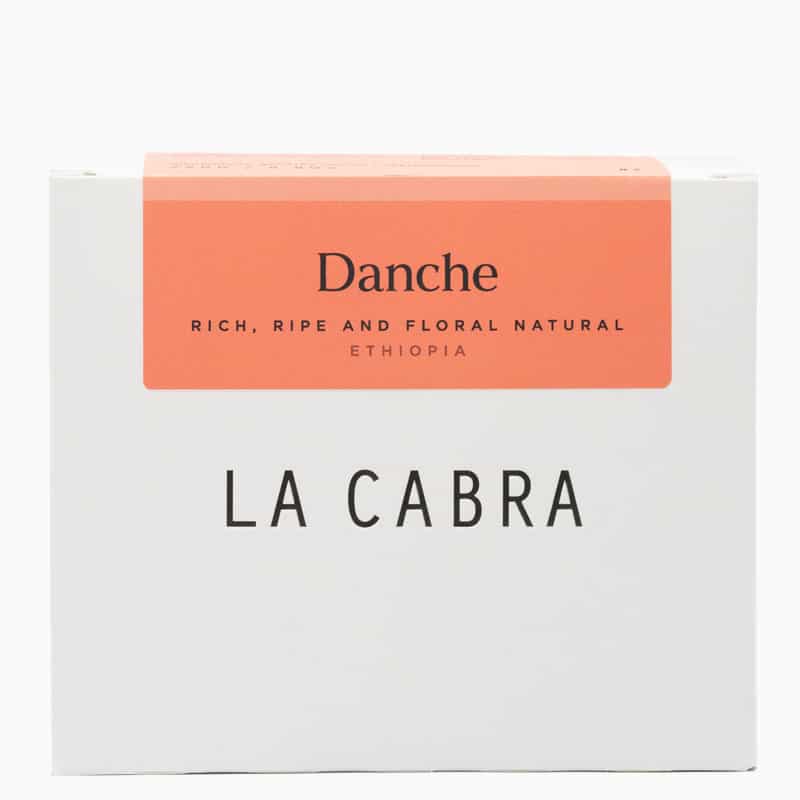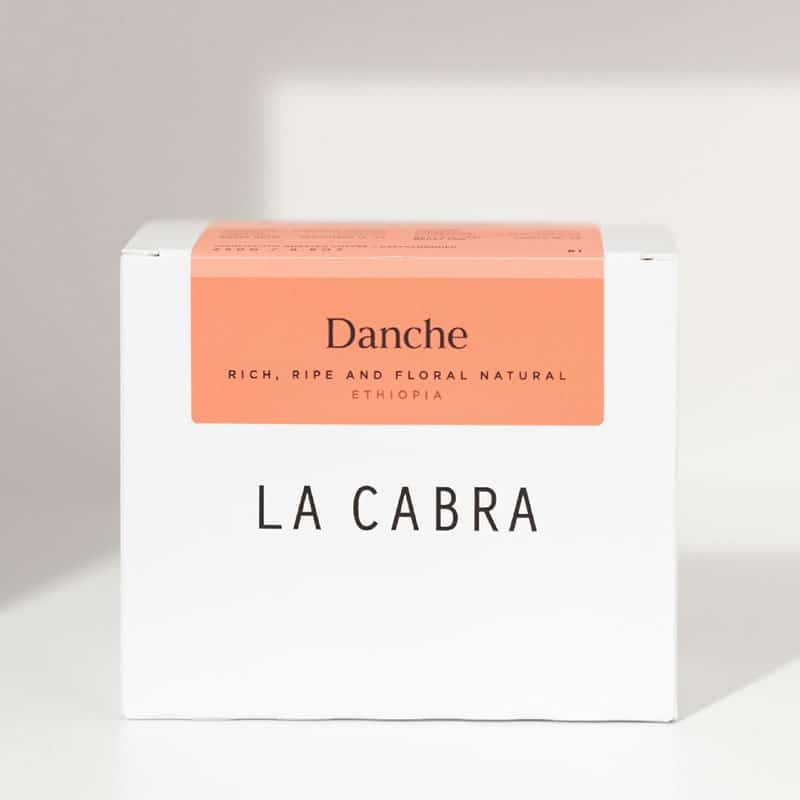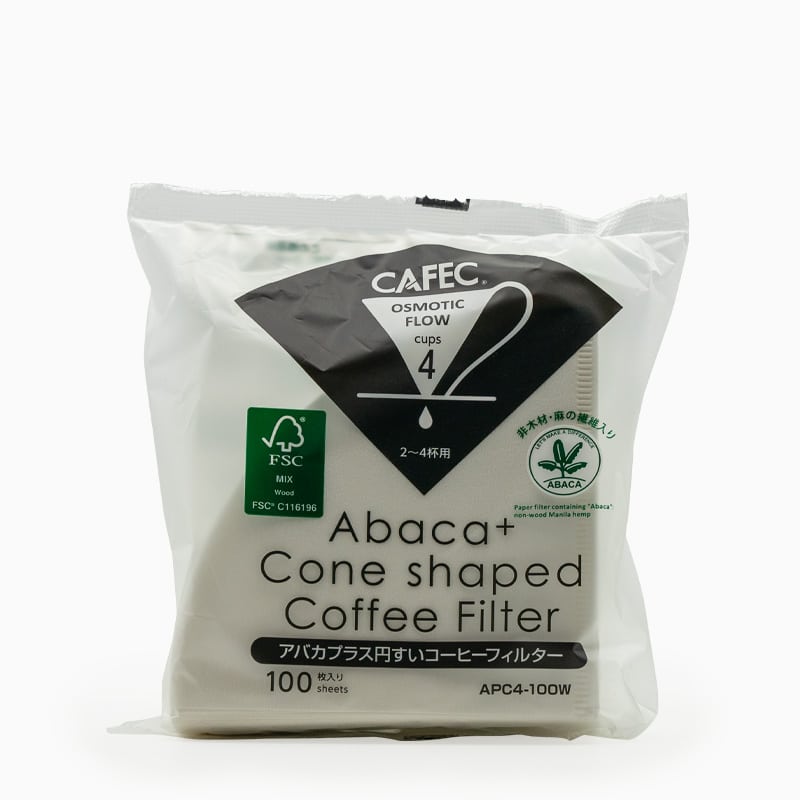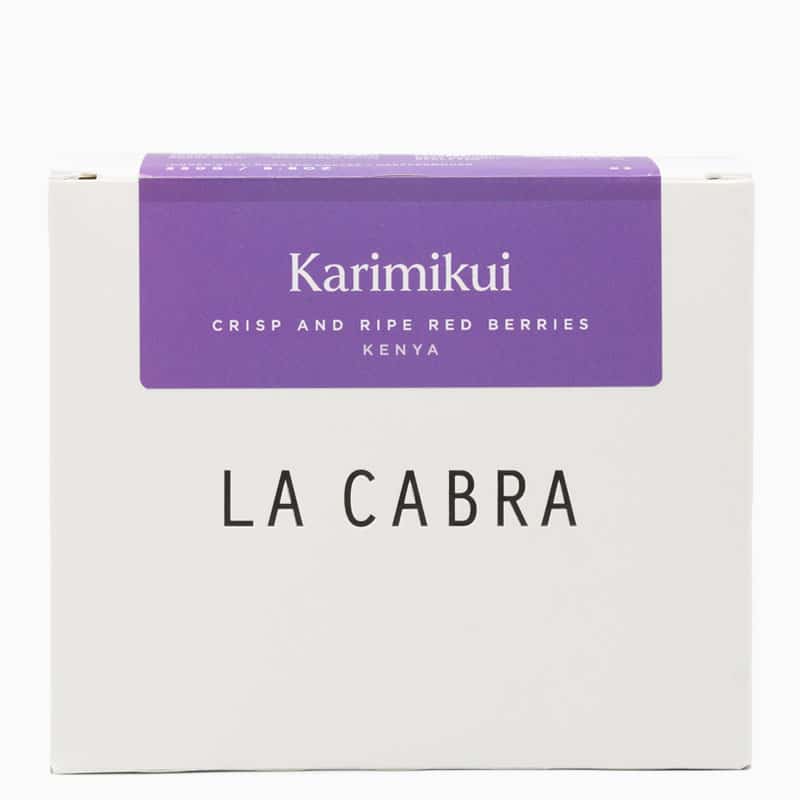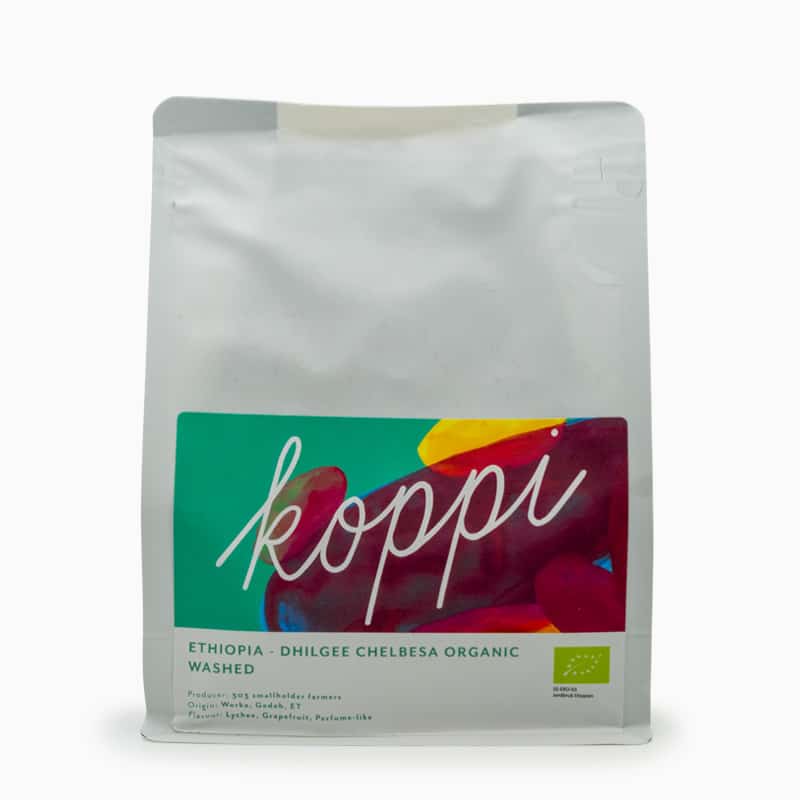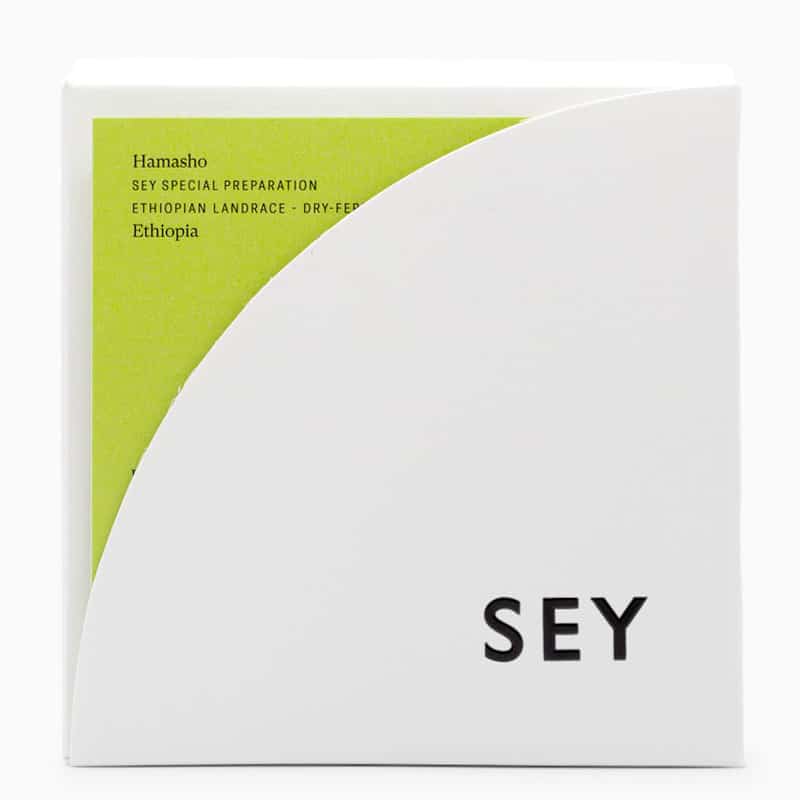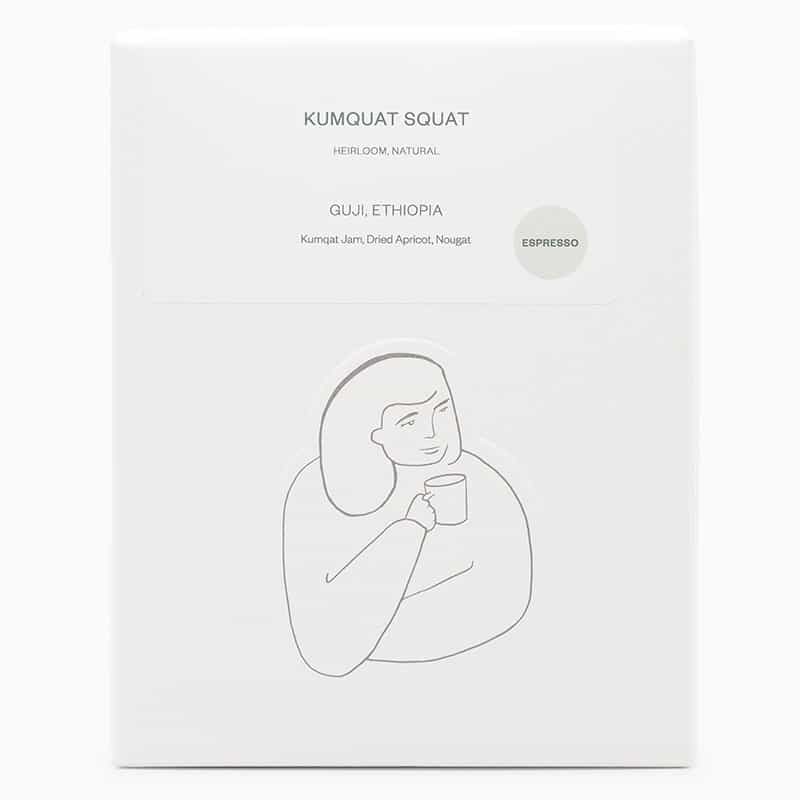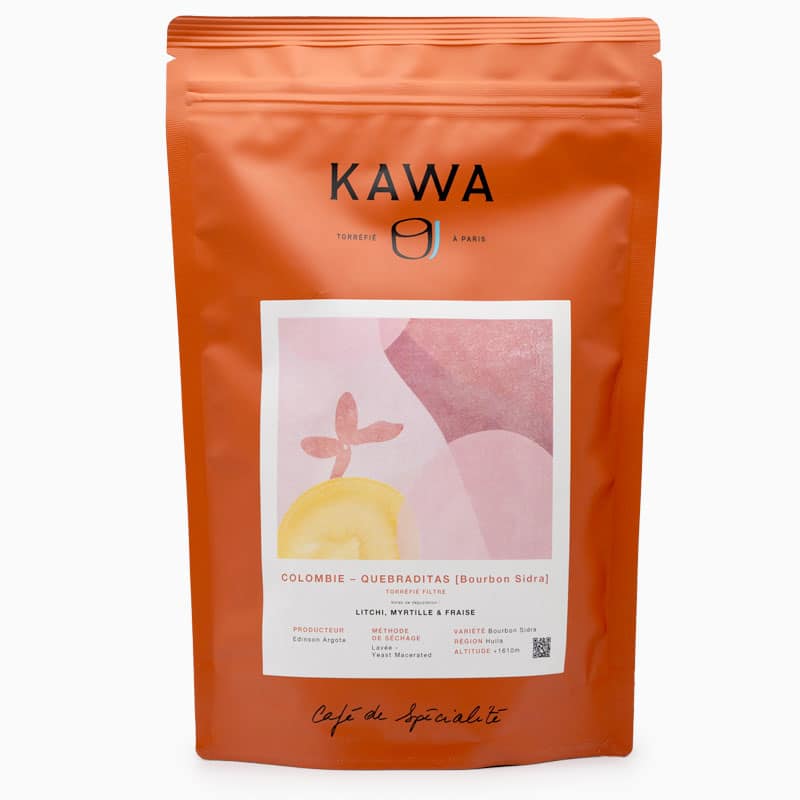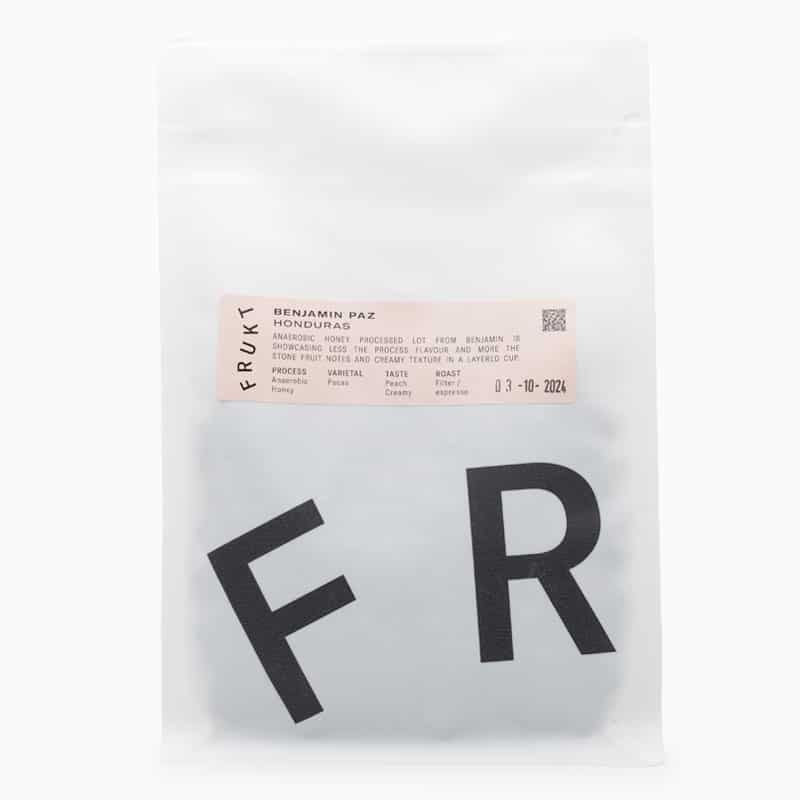Danche
This natural lot was processed at SNAP Coffee’s washing station in the village of Danche, located in the Chelbesa area of Yirgacheffe. During our trip to Ethiopia in February, we cupped several tables of excellent coffees from this year’s harvest at SNAP’s headquarters in Addis Ababa. Coffee for this lot was delivered by smallholders surrounding the village, before undergoing natural processing with SNAP’s meticulous team.
The dry and hot conditions during harvest allow for careful and consistent control of natural drying, covering the drying beds with tarps during the most intense hours of sun to protect from damage and slow the drying. Coffee is turned often, and hand sorted at several stages during processing to ensure cleanliness. This creates a very clean and rich expression in the cup, with more clarity than we find in traditional Ethiopian naturals. In the case of Buku, this creates a rich and ripe sweetness, reminiscent of strawberry and milk chocolate, underpinning the aromatic top notes of bergamot and black tea.
Ethiopia
In Ethiopia, coffee still grows semi-wild, and in some cases completely wild. Apart from some regions of neighboring South Sudan, Ethiopia is the only country in which coffee is found growing in this way, due to its status as the genetic birthplace of arabica coffee. This means in many regions, small producers still harvest cherries from wild coffee trees growing in high altitude humid forests, especially around Ethiopia’s famous Great Rift Valley.
Forest coffee makes up a great deal of Ethiopia’s yearly output, so this is a hugely important method of production, and part of what makes Ethiopian coffee so unique. Deforestation is threatening many of coffee’s iconic homes in Ethiopia, leading to dwindling yields and loss of biodiversity; significant price fluctuations over the past decade have led many farmers to replace coffee with fast growing eucalyptus, an incredibly demanding crop in terms of both water and nutrient usage.
Throughout these endemic systems, a much higher level of biodiversity is maintained than in modern coffee production in much of the rest of the world. This is partly due to the forest system, and partly down to the genetic diversity of the coffee plants themselves. There are thousands of ‘heirloom’ varieties growing in Ethiopia; all descended from wild cross pollination between species derived from the original Arabica trees. This biodiversity leads to hardier coffee plants, which don’t need to be artificially fertilised. This means that 95% of coffee production in Ethiopia is organic, although most small farmers and mills can’t afford to pay for certification, so can’t label their coffee as such.
The absence of monoculture in the Ethiopian coffee lands also means plants are much less susceptible to the decimating effects of diseases such as leaf rust that have ripped through other producing countries. Maintaining these systems is important, both within the context of the coffee industry, and for wider biodiversity and sustainability. Our primary partners in Ethiopia, Moplaco, have made it their mission to inform of this destruction, and to continue supporting the communities they work with in order to make coffee a profitable and attractive business for smallholder farmers.
